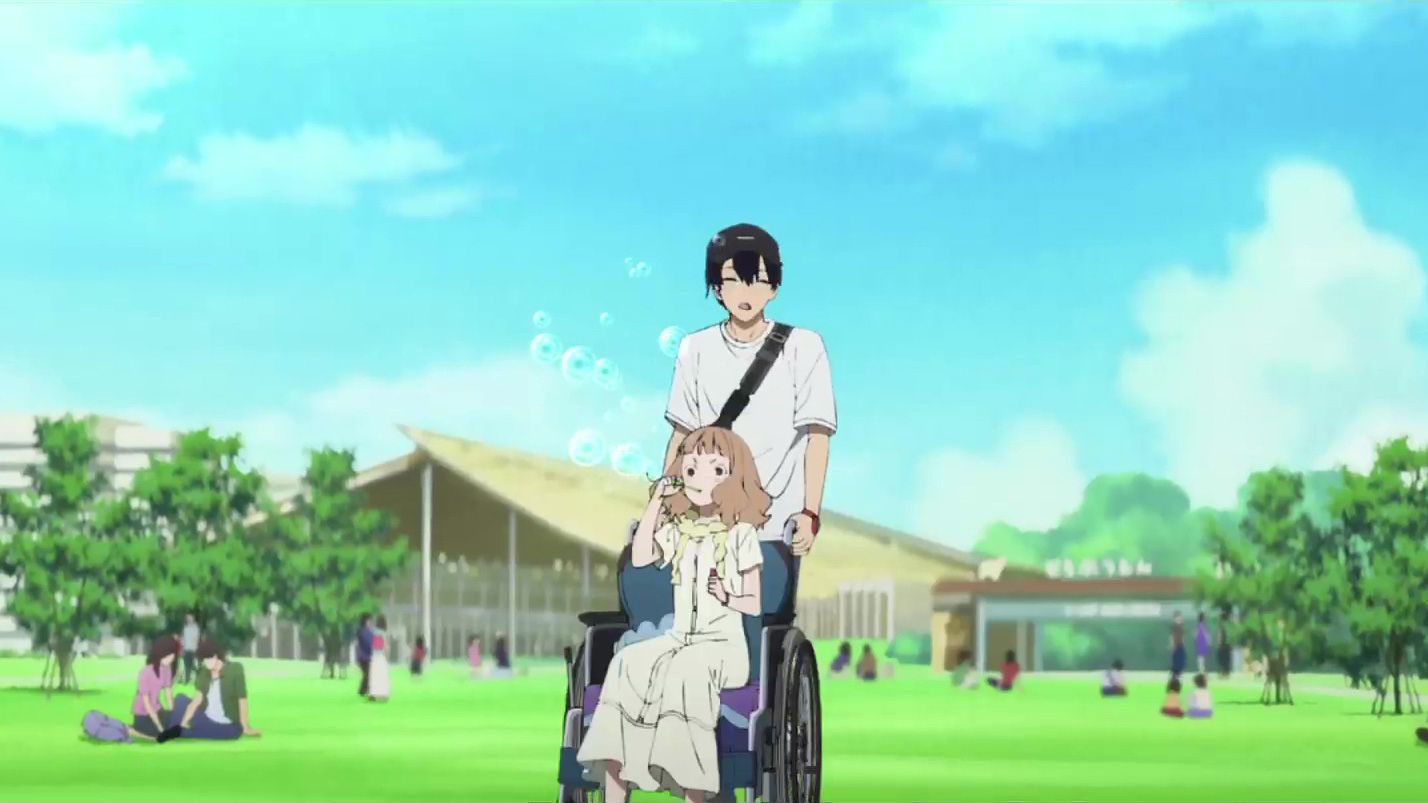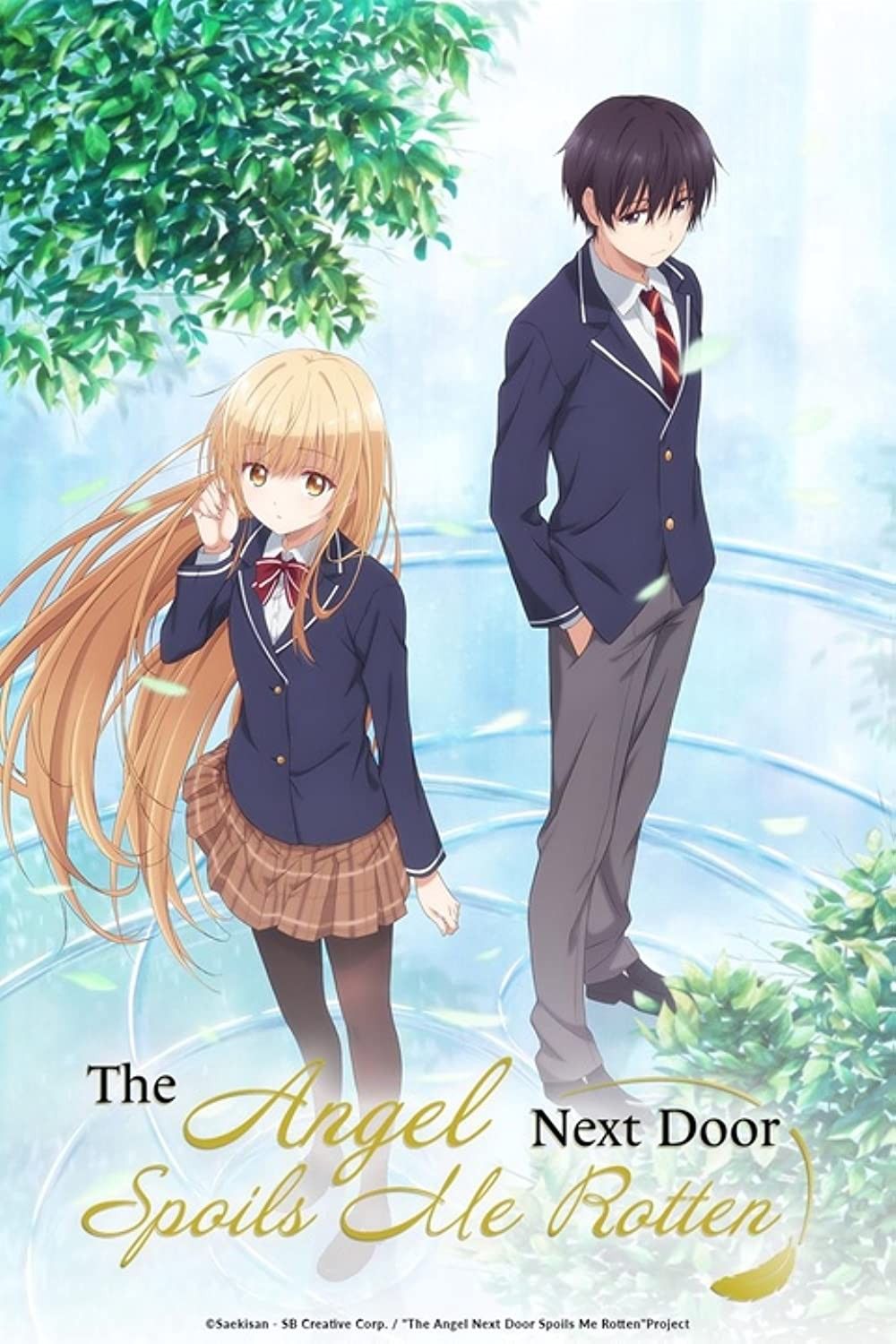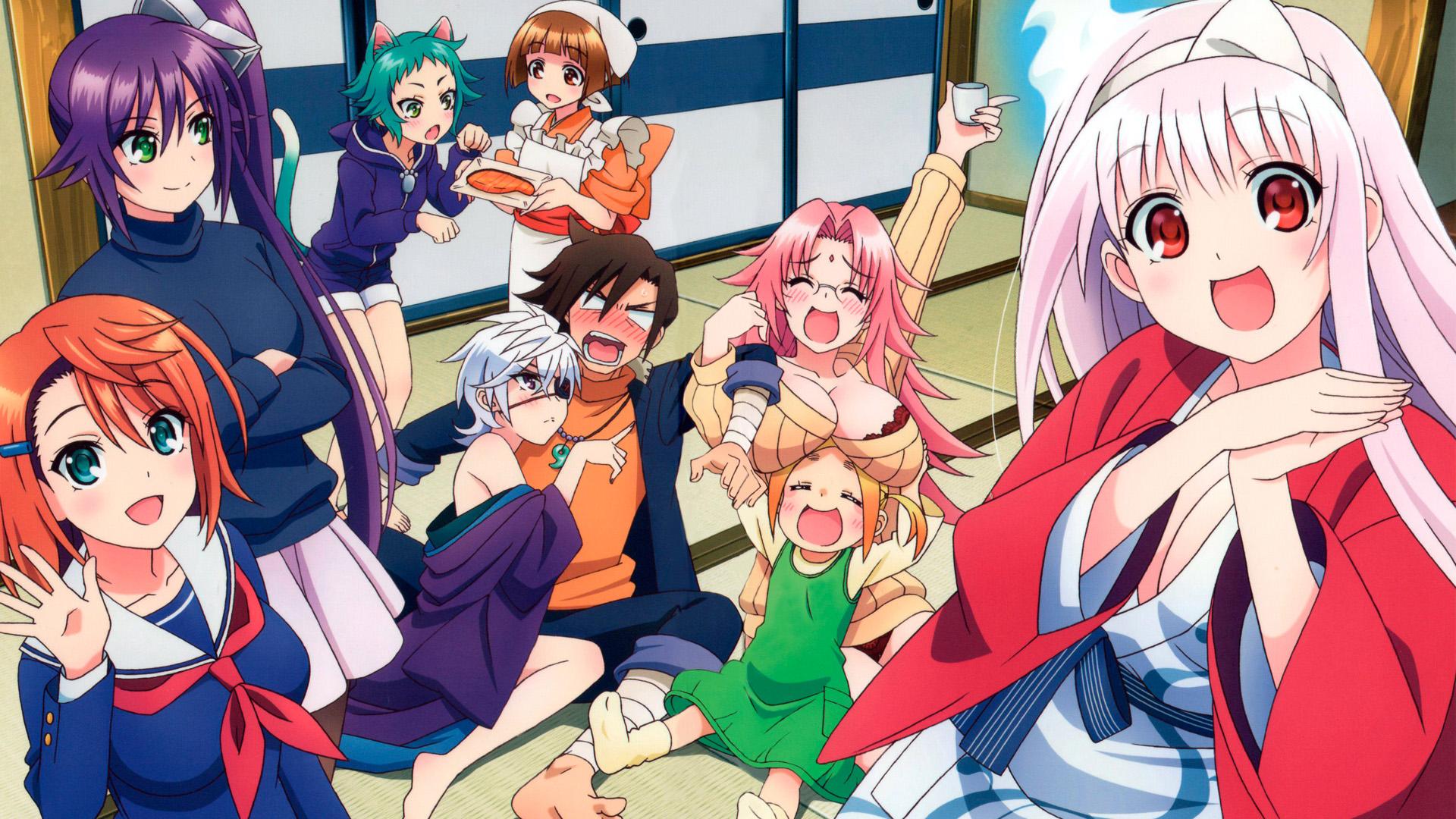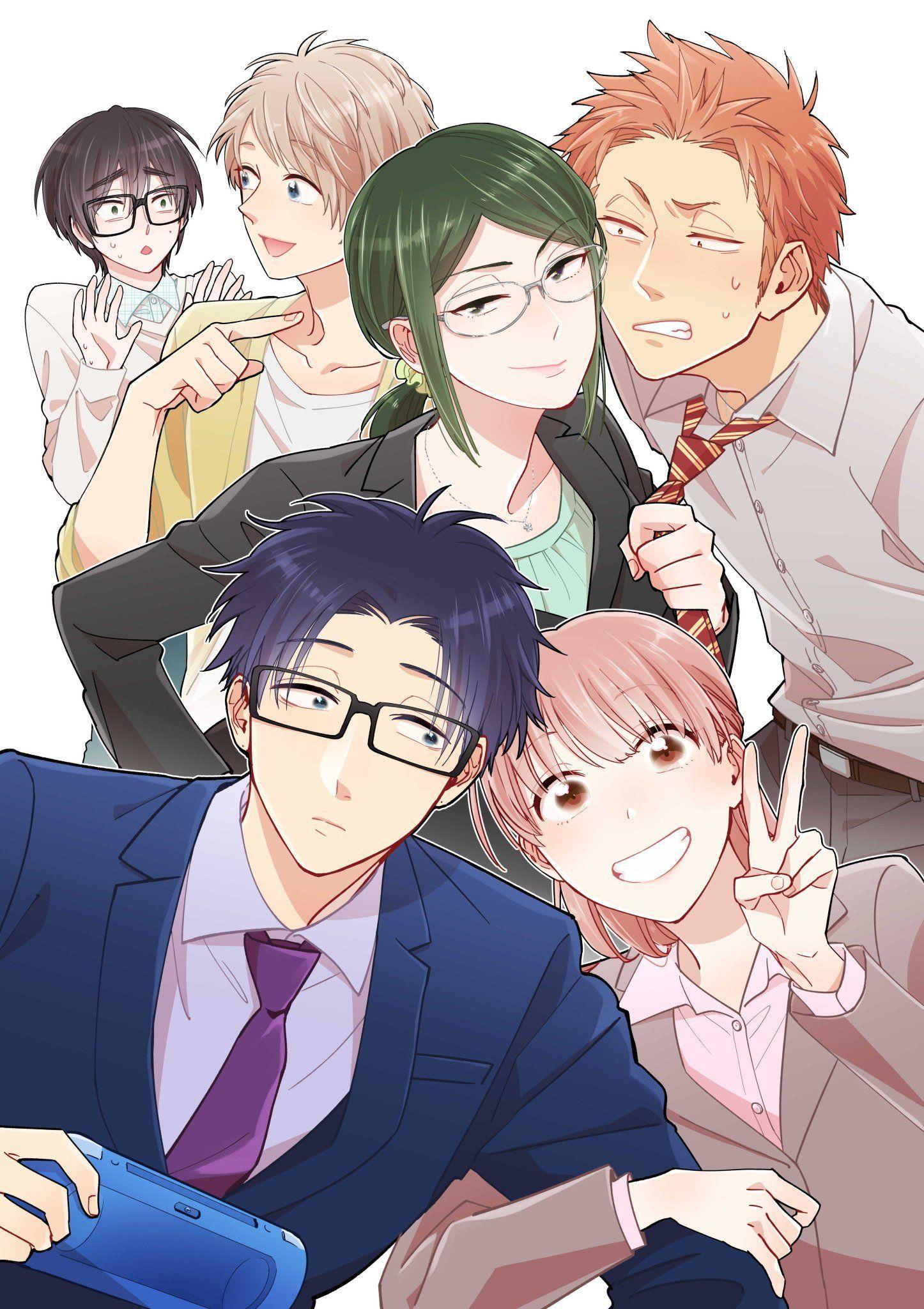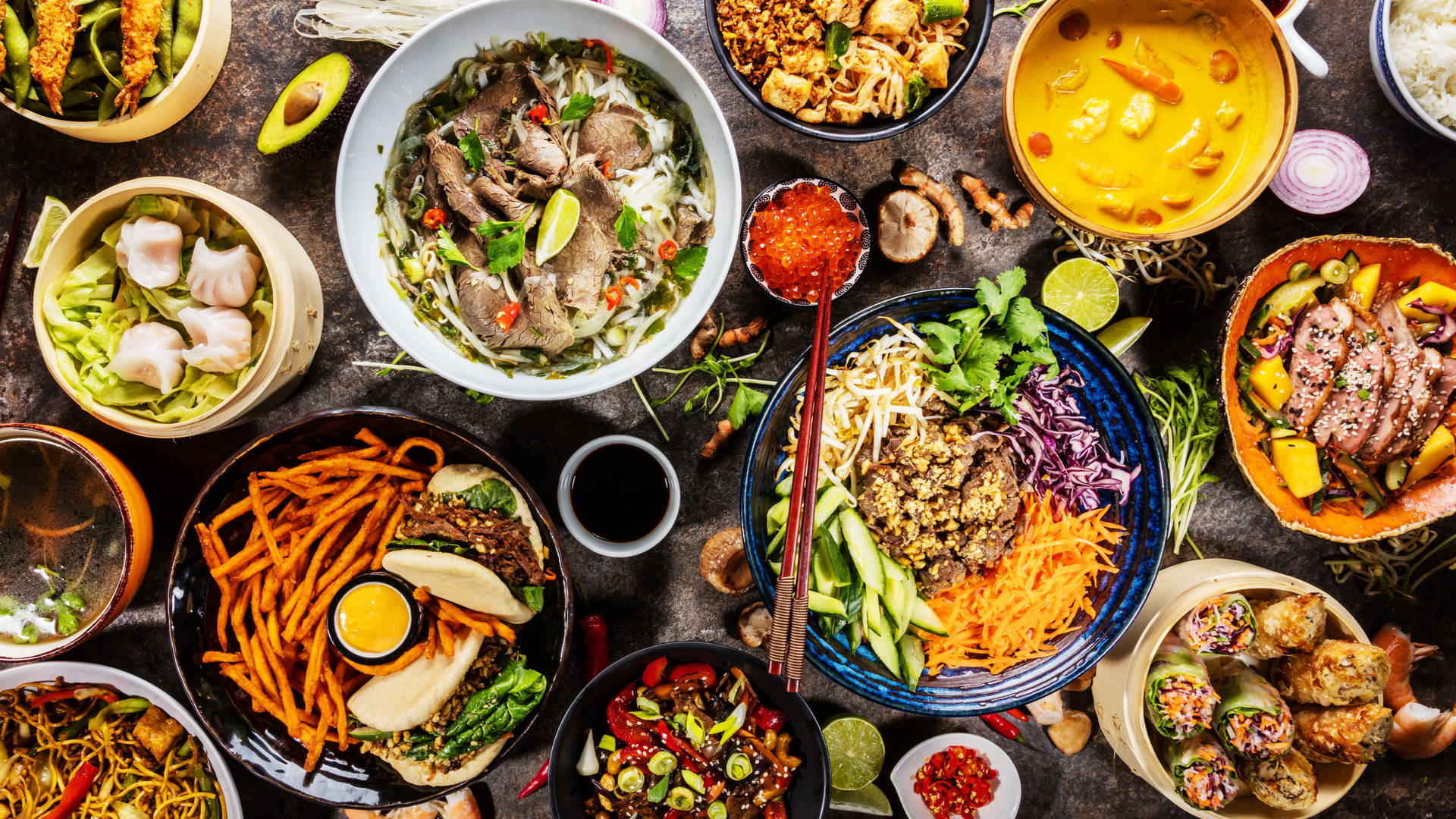Have you ever stumbled upon a title that just makes you stop and stare? "I Want to Eat Your Pancreas" certainly did that for me! It's a title that's both shocking and intriguing, promising a story unlike any other. And believe me, it delivers. Let's dive into why this seemingly bizarre story is actually a poignant and beautiful exploration of life, death, and human connection.
A Story That Stays With You
At its core, "I Want to Eat Your Pancreas" is about two individuals brought together by a secret. Our unnamed protagonist, a reserved and introverted high school student, accidentally discovers a diary belonging to his classmate, Sakura Yamauchi. He learns that Sakura is terminally ill with a pancreatic disease and has only a limited time to live.
Sakura, unlike our protagonist, is bright, cheerful, and popular. Despite her grim diagnosis, she chooses to live her life to the fullest, experiencing everything she can while she still has time. Intrigued by his quiet nature, she decides to share her secret with him, and thus begins an unlikely friendship.
The story unfolds as the two spend time together, going on adventures and sharing experiences that neither of them would have imagined. Our protagonist, initially withdrawn and indifferent, slowly begins to open up, learning to embrace life and connect with others. Sakura, in turn, finds solace and companionship in his presence, allowing her to face her mortality with courage and grace.
What makes this story so compelling is the contrast between the two main characters. Our protagonist represents the quiet observer, content to live in the background, while Sakura embodies the vibrant spirit, determined to make the most of every moment. Through their interactions, the story explores themes of isolation, friendship, acceptance, and the importance of human connection.
Characters That Resonate
The characters in "I Want to Eat Your Pancreas" are incredibly well-developed and relatable. Sakura Yamauchi is a force of nature, radiating positivity and energy despite her circumstances. Her determination to live life to the fullest is both inspiring and heartbreaking. She's not just a dying girl; she's a complex individual with dreams, fears, and a desire to connect with others.
Our protagonist, often referred to as "Shiga Haruki", undergoes a significant transformation throughout the story. Initially closed off and emotionally detached, he gradually learns to open up and embrace life, thanks to his interactions with Sakura. His journey is one of self-discovery and personal growth, as he confronts his own fears and insecurities.
The supporting characters, such as Kyoko (Sakura's best friend) and Kazuharu (Shiga's classmate), also add depth and complexity to the story. They each have their own motivations and perspectives, contributing to the overall themes of friendship and human connection.
Emotional Impact and Themes
"I Want to Eat Your Pancreas" is not afraid to tackle difficult emotions. It explores the pain of loss, the fear of death, and the importance of living in the present moment. The story is filled with moments of both joy and sorrow, leaving a lasting impact on the reader.
One of the central themes of the story is the idea of living life to the fullest. Sakura's determination to experience everything she can while she still has time serves as a powerful reminder to appreciate the small things in life and to not take anything for granted. The story also emphasizes the importance of human connection, highlighting the transformative power of friendship and the impact we can have on each other's lives.
The title itself, "I Want to Eat Your Pancreas," is symbolic. In Japanese culture, eating a part of someone is a way of absorbing their spirit or essence. In this context, it represents the protagonist's desire to become closer to Sakura and to carry her memory with him long after she's gone.
Adaptations and Accessibility
"I Want to Eat Your Pancreas" has been adapted into several different forms, including a manga, a live-action film, and an animated film. Each adaptation offers a unique perspective on the story, allowing audiences to experience it in different ways. The manga adaptation, illustrated by Idumi Kirihara, provides a visual representation of the characters and their emotions. The live-action film, released in 2017, features a talented cast and beautiful cinematography. The animated film, released in 2018, captures the emotional depth of the story with stunning visuals and a moving soundtrack. All versions are available on multiple streaming and purchasing platforms, widening its accessibility.
Whether you prefer reading the original novel, experiencing the story through the manga, or watching one of the film adaptations, "I Want to Eat Your Pancreas" is a story that will stay with you long after you've finished it.
Overall Impression
“I Want to Eat Your Pancreas” is an emotional rollercoaster that's worth the ride. It's a beautifully written and deeply moving story that explores the complexities of life, death, and human connection. While the title may seem shocking at first, the story itself is a testament to the power of friendship and the importance of living each day to the fullest. Be prepared to shed a few tears, but also to be inspired by the resilience of the human spirit.
This isn't just a story about a girl who is dying. It's a story about living, about connecting, and about finding meaning in the face of adversity. It's a story that will make you think, make you feel, and ultimately, make you appreciate the preciousness of life.
Title: I Want to Eat Your Pancreas
Publisher: Futabasha (Original Japanese Publisher), Seven Seas Entertainment (English Publisher)
Genre: Slice of Life, Drama, Romance, Tragedy
Author(s): Yoru Sumino







